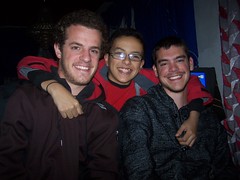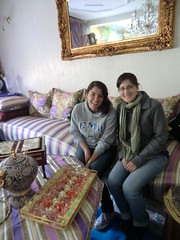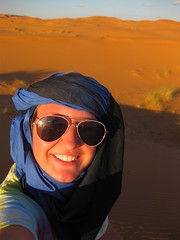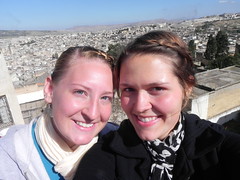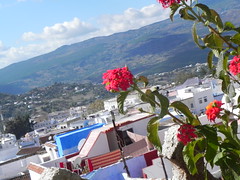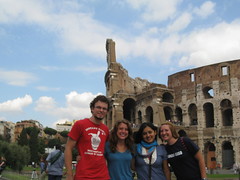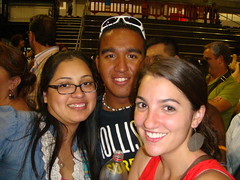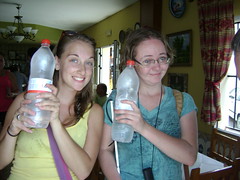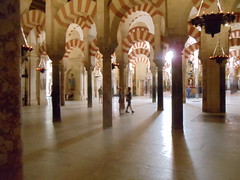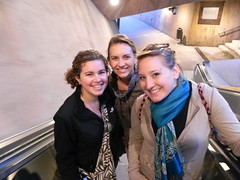 For the past three days, our group has been on a trip to Toledo. In Toledo, we were able to see remnants of its Roman, Visigothic, and Moorish past. Toledo was a city of immense intellectual knowledge when it was a part of the … Continue Reading ››
For the past three days, our group has been on a trip to Toledo. In Toledo, we were able to see remnants of its Roman, Visigothic, and Moorish past. Toledo was a city of immense intellectual knowledge when it was a part of the … Continue Reading ››
Final reports from Spain
 For the past three days, our group has been on a trip to Toledo. In Toledo, we were able to see remnants of its Roman, Visigothic, and Moorish past. Toledo was a city of immense intellectual knowledge when it was a part of the … Continue Reading ››
For the past three days, our group has been on a trip to Toledo. In Toledo, we were able to see remnants of its Roman, Visigothic, and Moorish past. Toledo was a city of immense intellectual knowledge when it was a part of the … Continue Reading ››
